Hazardous Waste Management in India
What is Hazardous Waste?
Hazardous Waste is the waste materials that are dangerous or potentially harmful to human health or the environment.
The waste materials can be by-products of manufacturing processes, discarded used materials or other substances. They boast harmful characteristics and thus require proper handling, treatment and disposal to prevent contamination and ensure safety.
The major categories of hazardous wastes are –
- Industrial hazardous waste- This includes all those wastes generated from various industrial processes. They are often characterized by their chemical composition and potential to cause harm and include wastes from metal industries, chemical industries, textile and dye industries and more.
- Waste oils – Waste oils generated from mechanical and industrial processes and include engine oils, lubricants, and other oil-based products that have become contaminated through use.
- E-Waste- This includes electronic wastes such as television, computers, mobile phones, and other electronic devices that contain harmful materials like cadmium, mercury and more.
- Pharmaceutical wastes- This category involves expired, unused, split and contaminated pharmaceutical products, vaccines from health care providers and research facilities.
- Battery waste- It include wastes comprising of discarded, electrical or electronic batteries that contain toxic and heavy metals.
- Cement kiln dust- This contain the residue containing hazardous materials from cement production.
- Pesticide waste- It includes unused or outdated pesticides, containers contaminated with pesticides and wash water from pesticide containers and equipment.
- Contaminated containers- Containers that held harmful chemicals or materials and still pose a risk due to residues or contamination.
- Biomedical waste- Some kinds of biomedical waste that contain hazardous chemicals or radioactive substances.
- Chemical sludges and residue- These are by-product from water treatment processes, manufacturing and chemical production that contain toxic substances.
- Mining waste- Includes waste generated from mining operations that can be hazardous because of presence of chemically reactive or toxic elements.
There are some common hazardous wastes generated in India and they include industrial waste, waste oils, E-waste, paint and solvent waste, battery waste, asbestos waste, pesticide waste, cement kiln dust, mining and metallurgical wastes, and pharmaceutical waste.
Hazardous wastes possess significant health and environmental risks if they are not properly managed and disposed. Here are some of the key health and environmental risks pertaining with hazardous wastes-
- Health risks: Hazardous wastes contain toxic substances that can cause a range of health issues including organ damage, cancer and neurological disorders. Dust, fumes and aerosols can cause respiratory issues. Asbestos waste causes asbestosis and mesothelioma when its fibers are inhaled. Some hazardous wastes also cause poisoning, chemical burns, and infectious diseases.
- Environmental risks: Improper disposal can cause soil contamination making it unfit for agriculture use. It also cause air and water pollution and affects the entire ecosystem. Animals may ingest hazardous substances from contaminated water or soil and can lead to health issues and disrupt reproductive cycle.
- Long-term impact: Long term impact of hazardous wastes includes permanent environmental changes, loss of biodiversity, and chronic health issues in populations exposed to contaminants.
Laws and Regulations for hazardous waste management
The management of hazardous waste is regulated under several laws and framework, designed to ensure the safe handling, treatment, and disposal and recycling of such waste to protect environment and public health.
- Hazardous Wastes Rules 2016 – The law supersede the earlier Hazardous Wastes Rules of 2008. The key aspects of this law include –
- Responsibility for handlers and generators who will ensure that such waste is handled without any adverse effect to public health and environment.
- The law categorizes hazardous wastes in various classes and provides a standard operating procedure for each category.
- It regulates the import and export of hazardous wastes aligning with international agreements like Basel Convention on Control of Transboundary movements of hazardous wastes.
- The producers are responsible for the disposal of products such as batteries, electronic items and fluorescent and other mercury containing lamps.
- State pollution control – In India, Hazardous waste is regulated by Central Pollution Control Board and implemented through State pollution Control boards. Here are some of key aspects of these rules as they pertain to state level implementation-
- Facilities that handle, generate, collect, store, package, use, treat, process or dispose hazardous waste are required to obtain authorization from their respective State pollution control board.
- The wastes must be segregated at point of generation as per its chemical and physical characteristics.
- All waste must be packed in suitable containers to prevent exposure and leakage.
- The transportation of hazardous waste must comply with the requirements specified by rules and follow guidelines issues by the Central pollution control board.
- The vehicles carrying this waste must be authorized and designed to carry the waste safely.
- Specific documents and adherence of rules governing trans-boundary movement is required for movement of this waste between states or across borders within India.
- Storage – The waste must be stored in facilities that prevent pollution or environment exposure.
- Treatment and disposal – The treatment and disposal must be carried out at the facilities authorized and equipped to handle such waste safely.
- Record keeping- Facilities handling hazardous waste are required to maintain detailed records of waste they handle.
- Emergency response- The facilities need to have emergency response plan for managing accidents or unforeseen events involving hazardous waste.
- Closure and remediation – Facilities that cease operations are required to close as per specified procedure that prevents future pollution including safety disposal of any residual hazardous waste and remediation of site.
- Liabilities for improper hazardous waste handling– Improper handling of hazardous waste can lead to significant legal, financial, health-related, public health issues and environmental liabilities and includes penalties, cleanup costs, loss of business reputation and compensation for damages.
Hazardous Waste Generation and Disposal
Disposing of hazardous waste in India requires adherence of strict regulations and guidelines to make sure environmental safety and public health.
- Inventory of Hazardous waste generation by industry- Creating a detailed inventory of hazardous waste generation by industry in India involves gathering data from various sectors known for significant hazardous waste output. This inventory helps in monitoring, managing and regulating the production and disposal of this waste as per the guidelines established under the Hazardous and other Wastes (Management and Transboundary Movement) Rules, 2016.
- Treatment, Storage and Disposal facilities in India- In India treatment, storage and disposal of hazardous waste are critical components managed under the regulatory framework provided by the Hazardous and other Wastes (Management and Transboundary Movement) Rules, 2016. The facilities are designed to handle the hazardous waste in a manner that reduces the ecological impact and public health.
- Transportation and Import/ Export of Hazardous Waste- In India, the transportation, import and export of hazardous waste are tightly regulated to prevent environmental contamination and ensure safe handling practices. For transportation one needs authorization and permits, manifest system, packaging and labeling that showcase the nature of waste and special vehicles. Except the import of certain types of hazardous waste for recycling or recovery as a resource, importing this waste is prohibited in India. Importers need approval and consent from MoEFCC and SPCB/PCC. Exporters must obtain consent from importing country’s competent authority and Indian government. The exporters must also adhere to the terms of Basel Convention, ensuring the waste is handled in the environmentally sound manner throughout its transportation and disposal.
Registration and Authorization for hazardous waste handling
In India, the registration and authorization for handling hazardous waste are crucial processes governed by the Hazardous and other Wastes (Management and Transboundary Movement0 Rules, 2016.
- Registration requirements for waste generators, recyclers etc –
- Waste Generators- They must apply for authorization from their SPCB or PCC. They should document safety measures, emergency response procedures and training programs for handling hazardous waste. Also, details of installation of pollution control devices and measures to reduce environment impact must be reported to the authorities.
- Recyclers- They need to register with CPCB and obtain consent to operate from SPCB or PCC. They should specify the detailed description of recycling process, including technology used, efficiency rates and end products. They should specify the plans for managing emissions, effluents and residues from the recycling process.
- Transporters- They must obtain authorization that specifies the types of hazardous waste they are permitted to handle, transportation routes and safety measures. They must adhere to rules regarding packaging, labeling and movement of hazardous waste including maintaining transport manifest system.
- Treatment, storage, disposal facilities- They must obtain specific authorization from SPCB or PCC, outlining the types of waste they can handle and the methods they will use. A comprehensive report detailing design and operation of facility including legal management, liner systems for landfills etc must be stated. Also plans for regular monitoring of environmental parameters like air quality, soil condition and groundwater around the site must be reported.
- Compliance and Monitoring- All the registered entities must submit annual returns to SPCB or PCC detailing hazardous waste activities. They must maintain detailed records of hazardous waste generation, storage, recycling, recovery, treatment, disposal and transportation.
- Process for obtaining authorization from state boards-
- Determine whether the activity involves generation, handling, processing, treatment, package, storage, transportation, use, collection, destruction, conversion, offering for sale, transfer or like of hazardous and other wastes.
- Prepare the required documents
- Submit the application by attaching all the supporting documents as specified by SPCB or PCC.
- Pay the applicable fee for processing the application.
- SPCB or PCC will conduct initial review of application and documents and will arrange for site inspection.
- SPCB or PCC will grant authorization to manage hazardous waste if they find application in order and it complies with all the regulatory needs.
- Annual returns must be submitted to SPCB or PCC detailing quantities of hazardous waste handled and methods used for treatment and disposal.
- Renewal and Cancellation of authorization-
- Maintain continuous compliance with environmental standards as non-compliance can lead to penalties and revocation of the authorization. Also, violation of rules, providing false information during application process, safety failures and operational issues can lead to cancellation.
- The authorization is valid for a period specified in certificate- often 5 years. It must be renewed by applying again with current operational data and compliance report.
Benefits of Proper Hazardous Waste Management
Proper management of hazardous wastes can bring many environmental, economic and health benefits that include –
- Prevent the contamination of environment.
- Reduce health risks to workers and communities.
- Helps organizations avoid legal penalties, fines and potential law suits.
- Boost the corporate image of the entity.
- Reduce accidents such as chemical spills, explosion and fires.
- Enhance the preparedness for potential hazardous waste incidents.
- Supports sustainable development goals.
- Promotes a circular economy.
Challenges of Proper Hazardous Waste Management
Proper hazardous wastes management brings a host of challenges in India, where there is continuous evolving of industrial growth, regulatory frameworks and environmental awareness.
- High disposal costs for industries.
- Lack of treatment facilities and trained manpower.
- Inadequate infrastructure.
- Regulatory challenges.
- Technological barriers.
- Geographical and logistics issues.
- Political and Social factors.
- Developing countries can become a dumping ground for waste from developed nations.
Hazardous waste authorization in India is crucial to ensure that the entities handling such waste adhere to the standardized safety and environmental protection guidelines. The authorization helps prevent pollution, safeguard public health and reduce the risk of accidents.

































EPR registration for plastic waste management or the Extended Producers Responsibility aims to ensure that the producers are ...
Biomedical waste, also known as medical waste is a kind of waste containing infectious or potentially infectious materials fr...
What is Hazardous Waste? Hazardous Waste is the waste materials that are dangerous or potentially harmful to human health ...
EPR is the extended producer responsibility for plastic waste in India and is a policy mechanism that is aimed at producer&rs...
A grease separator also referred to as a grease interceptor or grease trap, is a carefully designed plumbing apparatus. Its p...
Definition and Purpose of ETP (Effluent treatment plant) ETP means Effluent Treatment Plant. It is a meticulously designed...

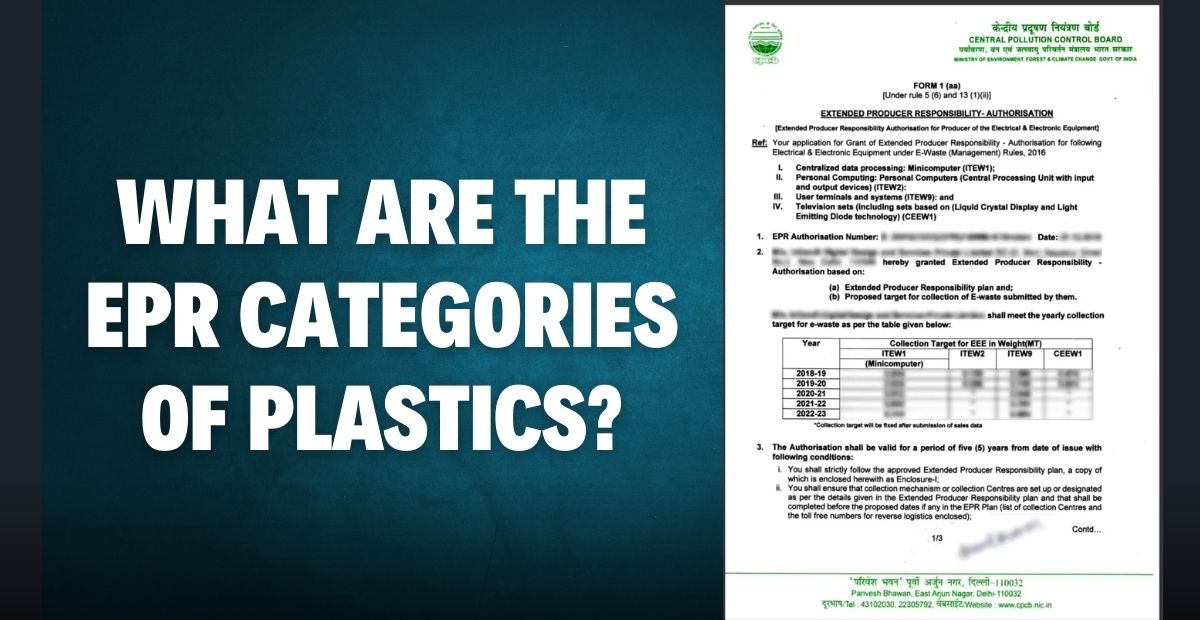

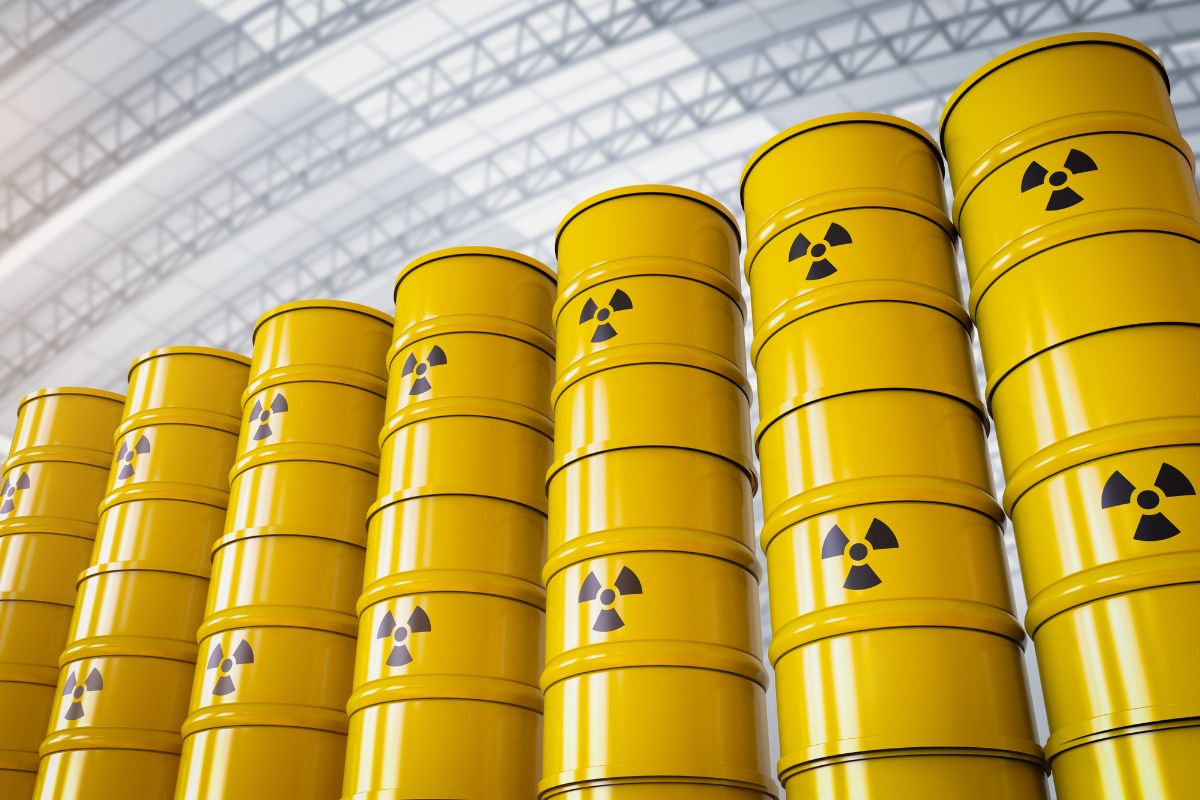
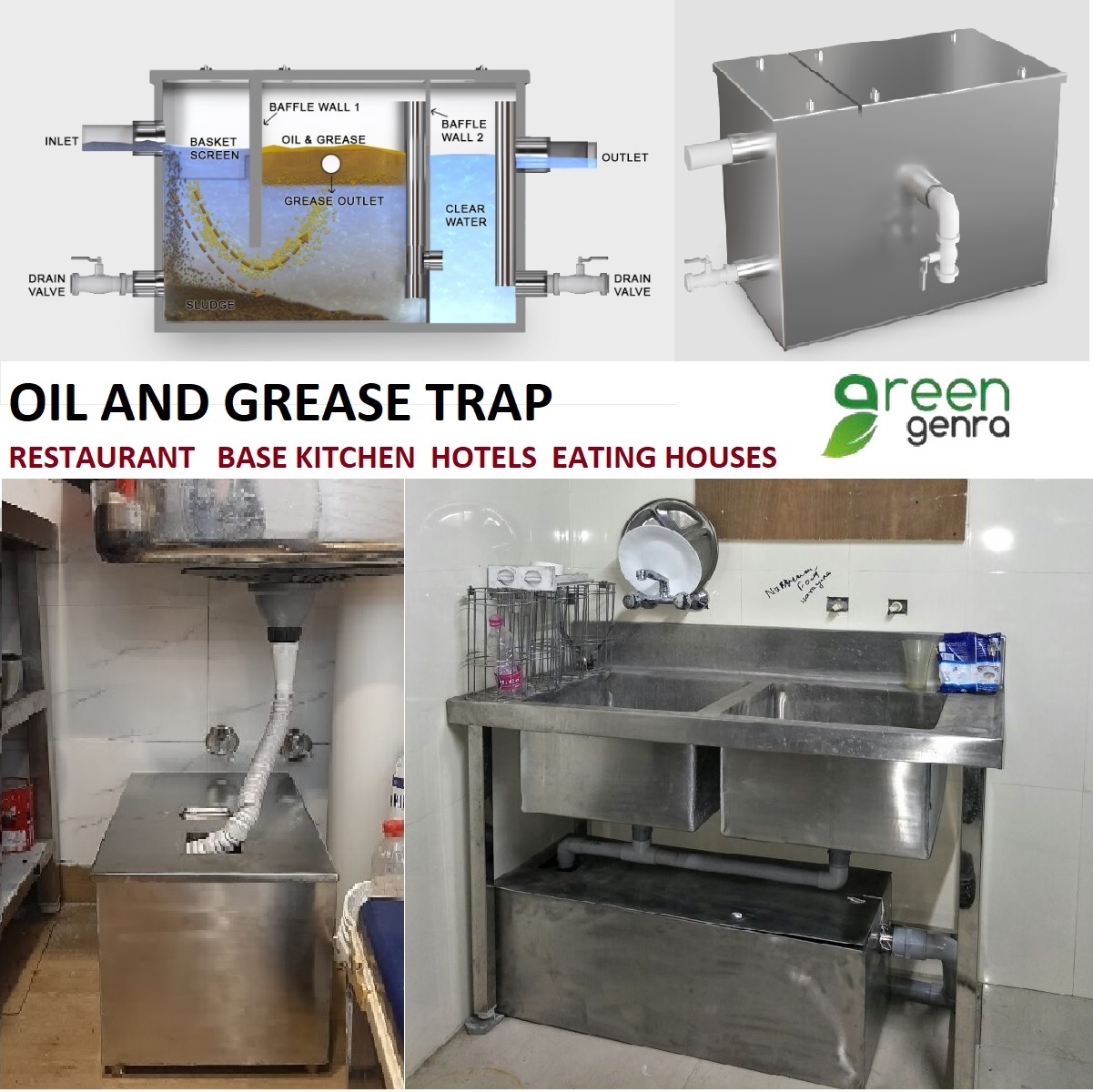
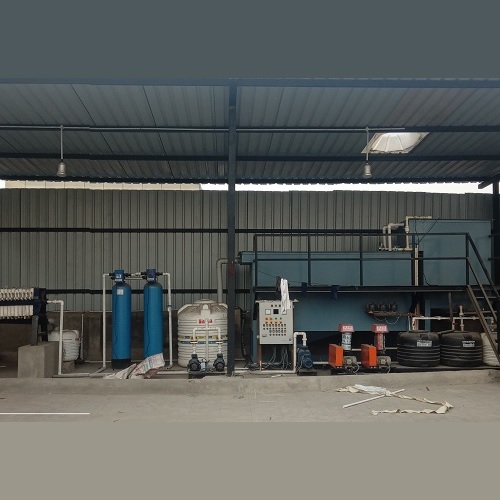
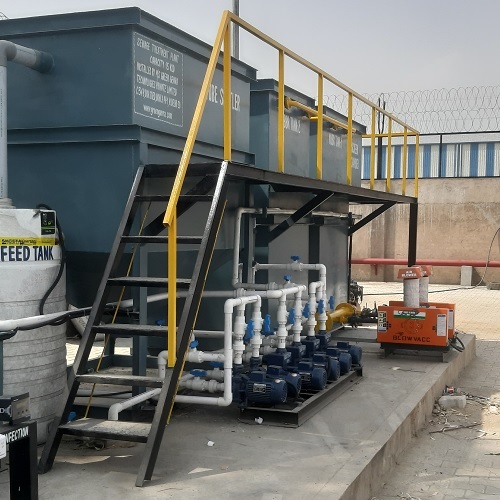
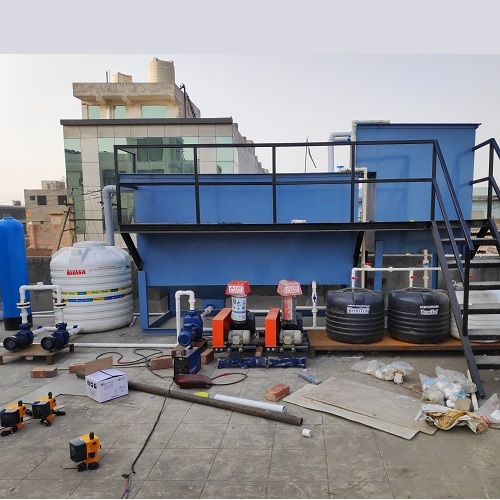
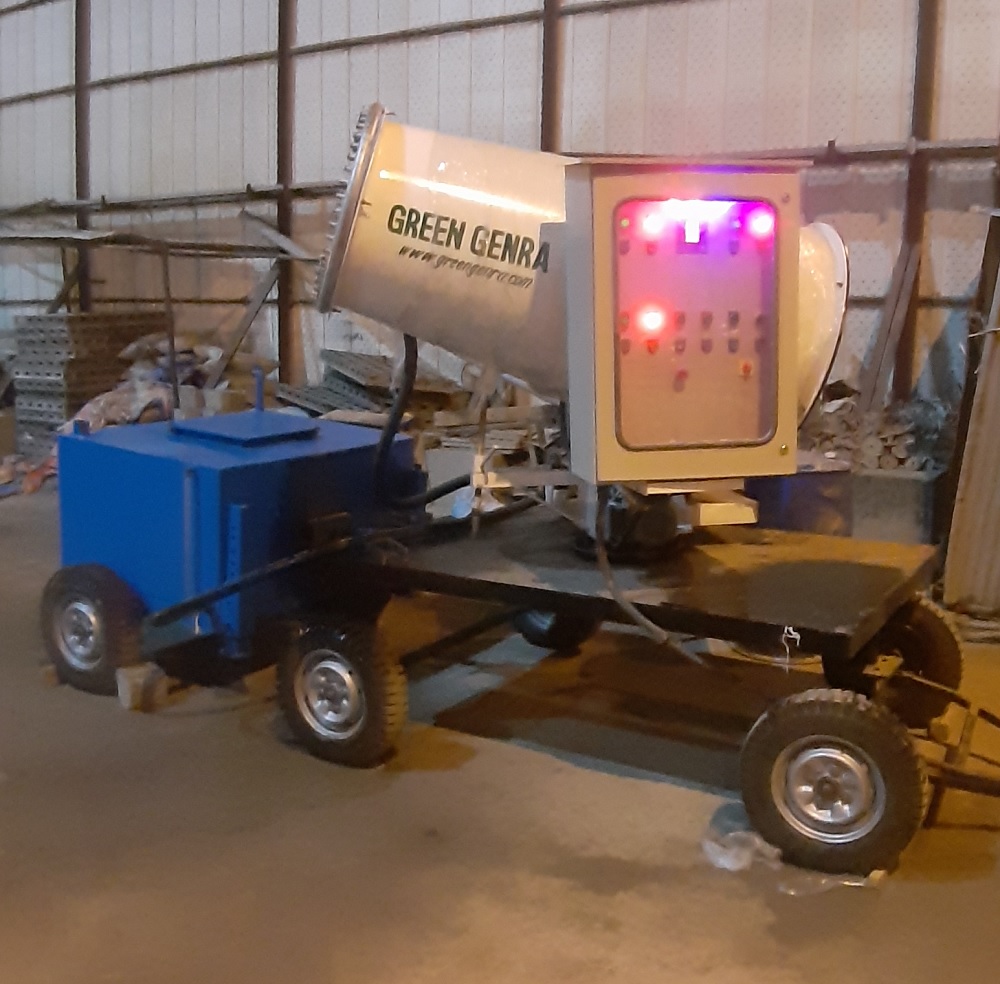
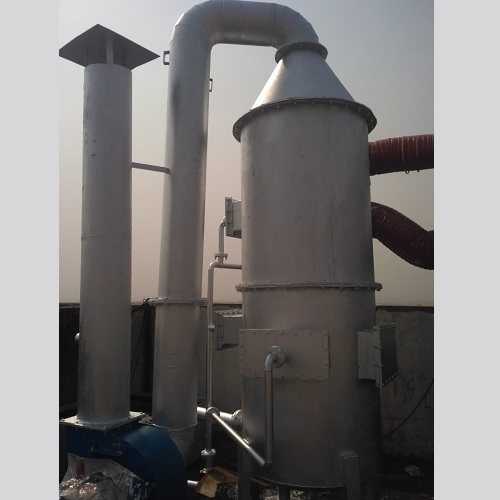
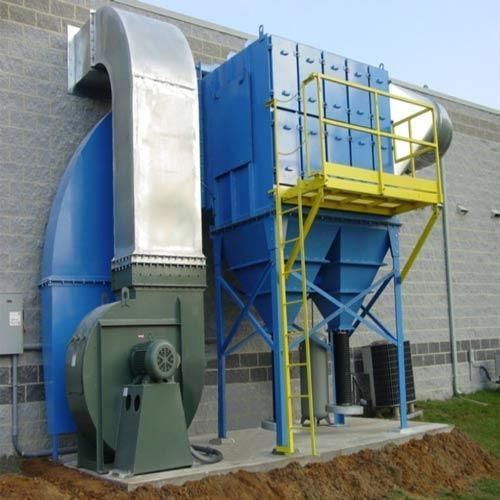
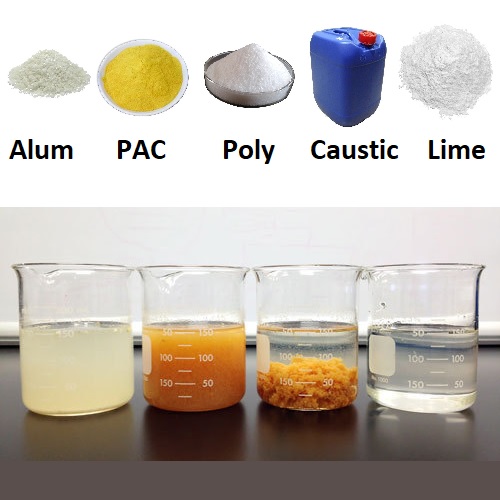
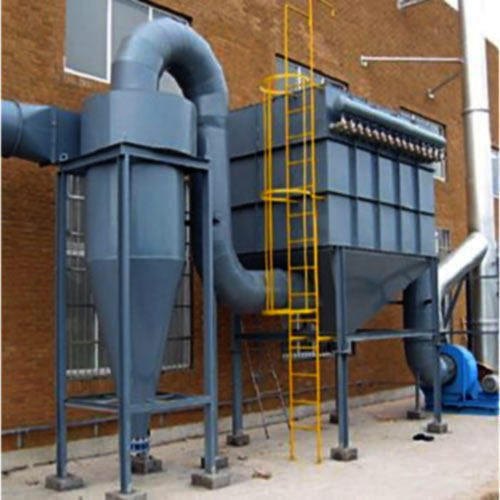
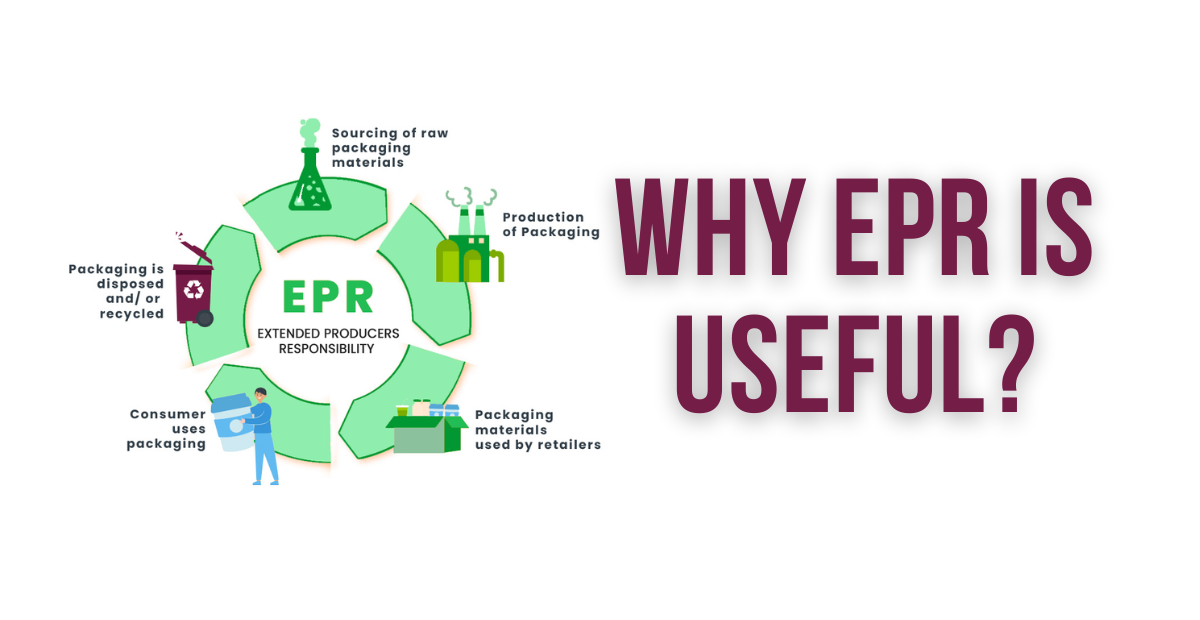
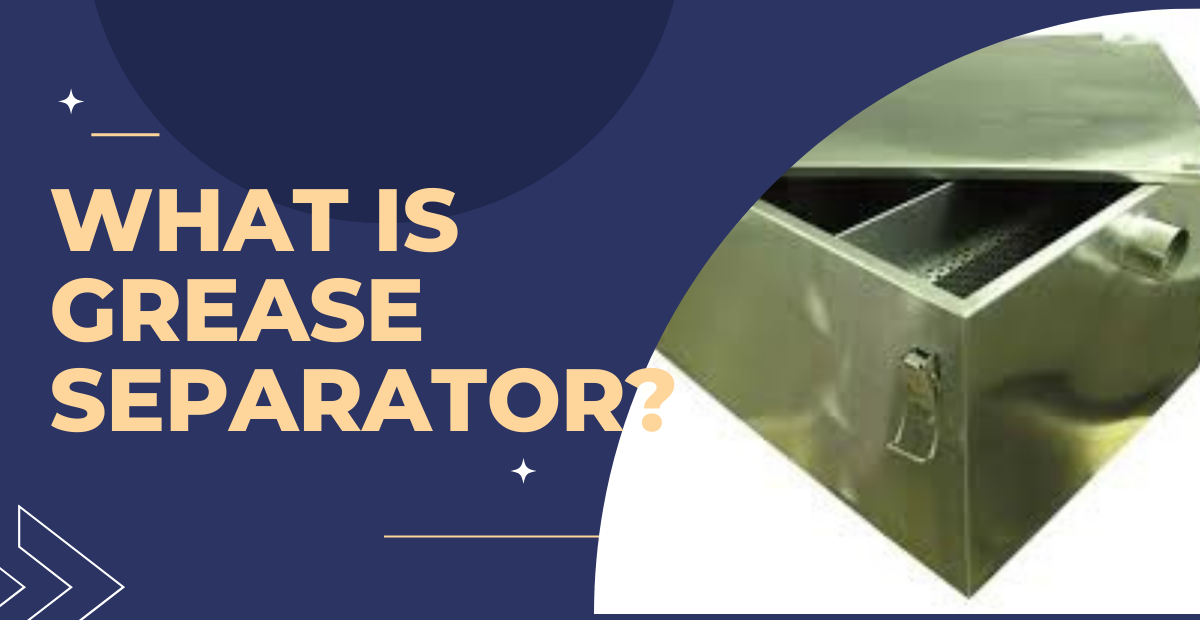
.jpg)